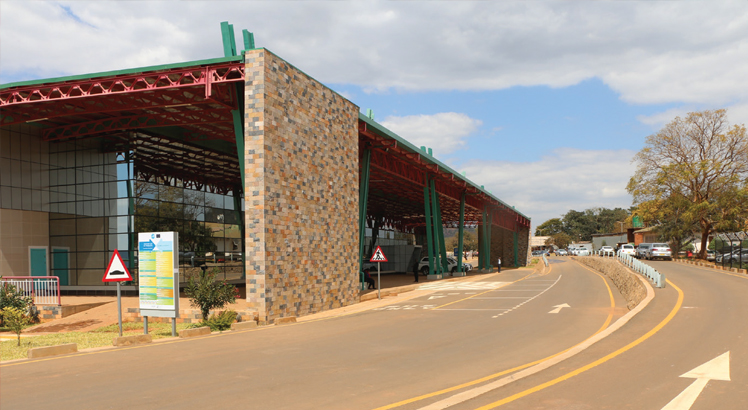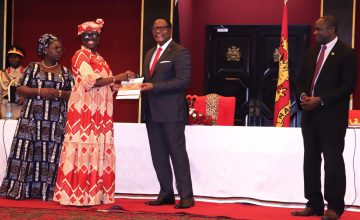Tobacco industry to curb cross-border sales

With cross-border tobacco trade proving to be a dent on Malawi’s tobacco industry, the Tobacco Control Commission (TCC) has this year to put in place strategies to curb the practice.
Tobacco industry experts argue that cross-border sale of the leaf, which wires in more than half of the country’s foreign exchange earnings and contributes 13 percent to the national economy, reduces revenue and taxes the country accrues.
The industry regulator convened a high-level meeting in Blantyre comprising officials from the Malawi Defence Force (MDF), Financial Intelligence Unit (FIU), National Intelligence Bureau (NIB), tobacco growers and buyers to map the way forward in curbing the malpractice.
The meeting came against the background of Malawi losing $30 million [K13.5 billion, at the current exchange rates] annually through illicit tobacco trading, representing eight percent of $362 million revenue achieved in 2013.
TCC chief executive officer Bruce Munthali told Business News, on the sidelines of a tobacco field visit in Thyolo, that cross-border tobacco sale has the potential to kill the vibrant industry.
“The tobacco industry has suffered greatly due to cross-border tobacco trade. We have found out that there are a number of issues that contribute to this malpractice,” he said.
Munthali cited poor pricing of the leaf and congestion as some of the factors that force tobacco growers to smuggle their leaf outside the country.
On pricing, he said, the meeting agreed that prices offered to growers have to be in tandem with the cost of production and quality of the leaf to attract growers to sell their crop in Malawi.
Munthali also said most growers opt to cross the borders because of congestion at the country’s auction floors, a development that results in their tobacco staying longer before being sold.
One of the farmers, Dave Saywood, general manager of Chisapi Farm in Thyolo District, said pricing of the leaf has always been a major issue.
He said farmers invest a lot to grow the crop; hence need to be rewarded for their sweat in terms of good prices.
TCC data show that Malawi earned $330.9 million from tobacco exports between July and December 2013, a figure that accounted for 60 percent of all total earnings from tobacco, signifying that the leaf is still the number one export crop.
The leaf’s output this year is expected to jump by about 25 percent over last year when the country produced 168 million kg buoyed by good prices, particularly for burley tobacco, which has compelled more farmers to grow the crop.
During last year’s growing season, the Malawi Government adopted the Integrated Production System (IPS)—a system that combines tobacco growing and marketing strategies—in which 80 percent of the leaf was sold through the contract whereas the rest passed through the auction market.
This year, the TCC is maintaining this scenario despite Munthali saying there will be some deviations in terms of proportions, particularly for farmers who are not affiliated to any tobacco buying company and will be accommodated on the auction market.





